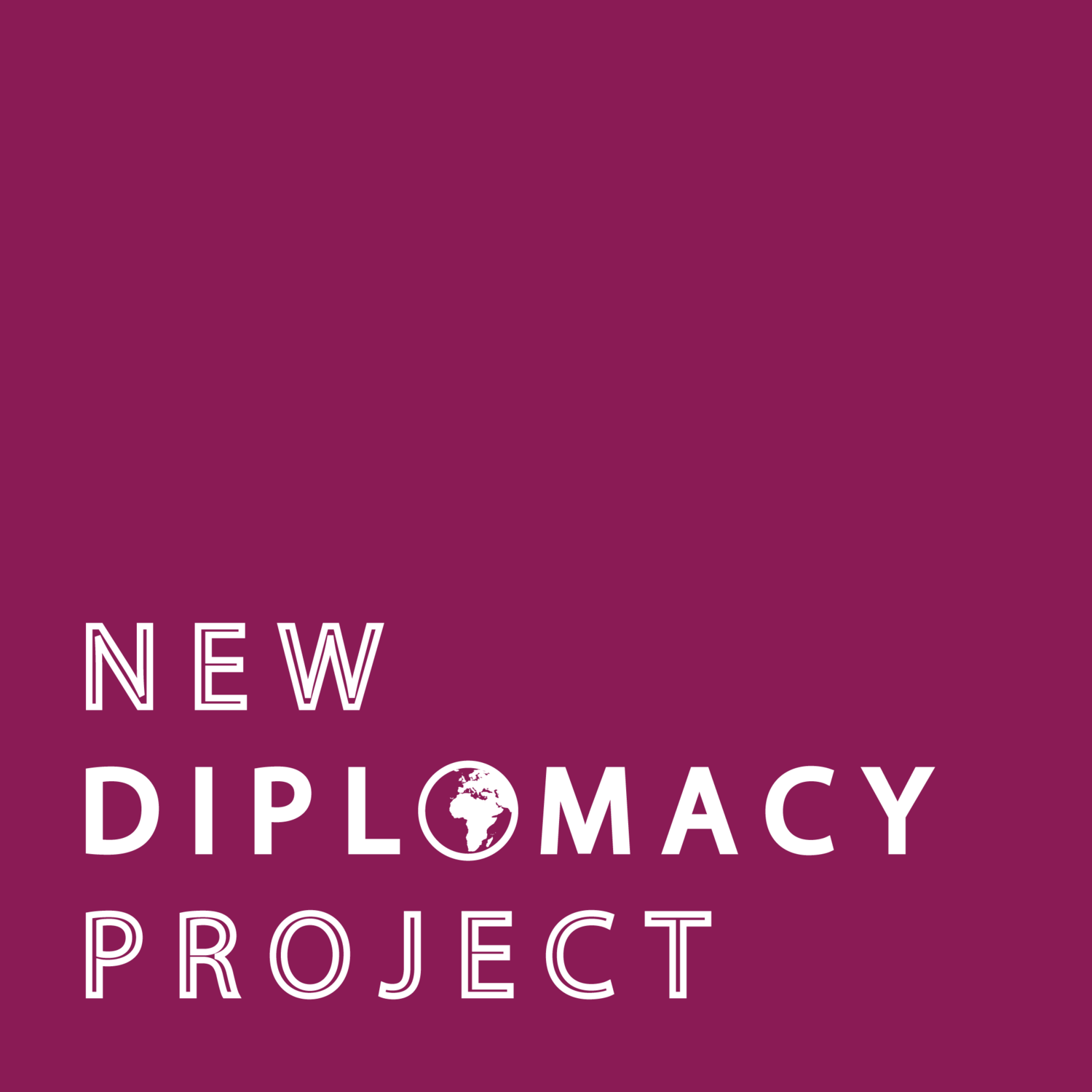How the UK should respond to the growing number of military coups in Africa
TOP LINES
Historically, military coups in Africa have been commonplace, but until recently there was a view that a period of democratic stability on the continent might lead to their decline. Last year, an African Union official expressed concern regarding "the resurgence of unconstitutional changes of government".
US researchers, Jonathan Powell and Clayton Thyne, have noted that military coups in Africa from 1960 to 2000 have remained fairly consistent at an average of around four a year. Analysing over 200 coups, they have calculated that around half are successful.
On 30 August 2022, the military in Gabon launched a coup against removing President Ali Bongo Ondimba from power and annulling the results of elections which took place on 26 August 2023.
This marks the second coup in West Africa in less than a month, as the military in Niger overthrew President Mohamed Bazoum and have called for 1,500 French troops based in the country to leave.
These coups appear likely to increase instability in the West African region, which in recent years has seen a nine year French deployment of troops fighting Islamic insurgents in Mali bookended by two military coups (2021 and 2012) in the country and the collapse of the Central African Republic into civil war.
Stepping into the void of the instability in the region has been Russia’s Wagner Mercenary group which is reported to have deployments currently in Syria, Libya, Mozambique, Mali, the Central African Republic, and Sudan, with unconfirmed rumours that they have also been spotted in the Democratic Republic of Congo.
The UK has strategic, economic, development, geo-political and values based interests in the West African region which should present the growing instability and latest military coups as a cause for concern.
The Government should clarify its messaging when it comes to our values-based opposition to military coups and to working with military governments.
In the past, the UK has condemned military seizures of power only to then work closely with military governments (in the case of Egypt) sending mixed messages regarding UK foreign policy, including our support for democracy, free and fair elections, and human rights.
The Government should support the immediate suspension of any member of the Commonwealth where a military coup takes place.
More broadly, we should seek to reform Commonwealth membership with a trade, regulatory, and visa component that demonstrates the economic value of membership and in return work to increase expectations that Commonwealth members will adhere to democracy, human rights, and the rule of law. This should include more funded scholarships for students at UK universities.
The Government should undertake polling and research to better understand the perception of UK foreign, development, trade, and defence policy in Africa, and work to ensure that investment and development aid are seen as partnerships with African host countries and not as a form of neo-colonialism.
UK Ministers should assess the issues like corruption that lead to demands for the Wagner Group’s services in African countries in terms of military training, security assistance, and communications capabilities, and see if there are opportunities for the UK working with like minded partners to address them.
The Government should introduce further proactive measures to crackdown on the City of London being used by corrupt government ministers to hide wealth plundered from the state and work to return stolen wealth back to the countries of origin.
Ministers should consider using the Lancaster House format as an opportunity to discuss France’s changing role in the West African region and to invite African leaders to discuss future defence and security partnerships as equals.
Photo: rawpixel.com / The African Union Missi
